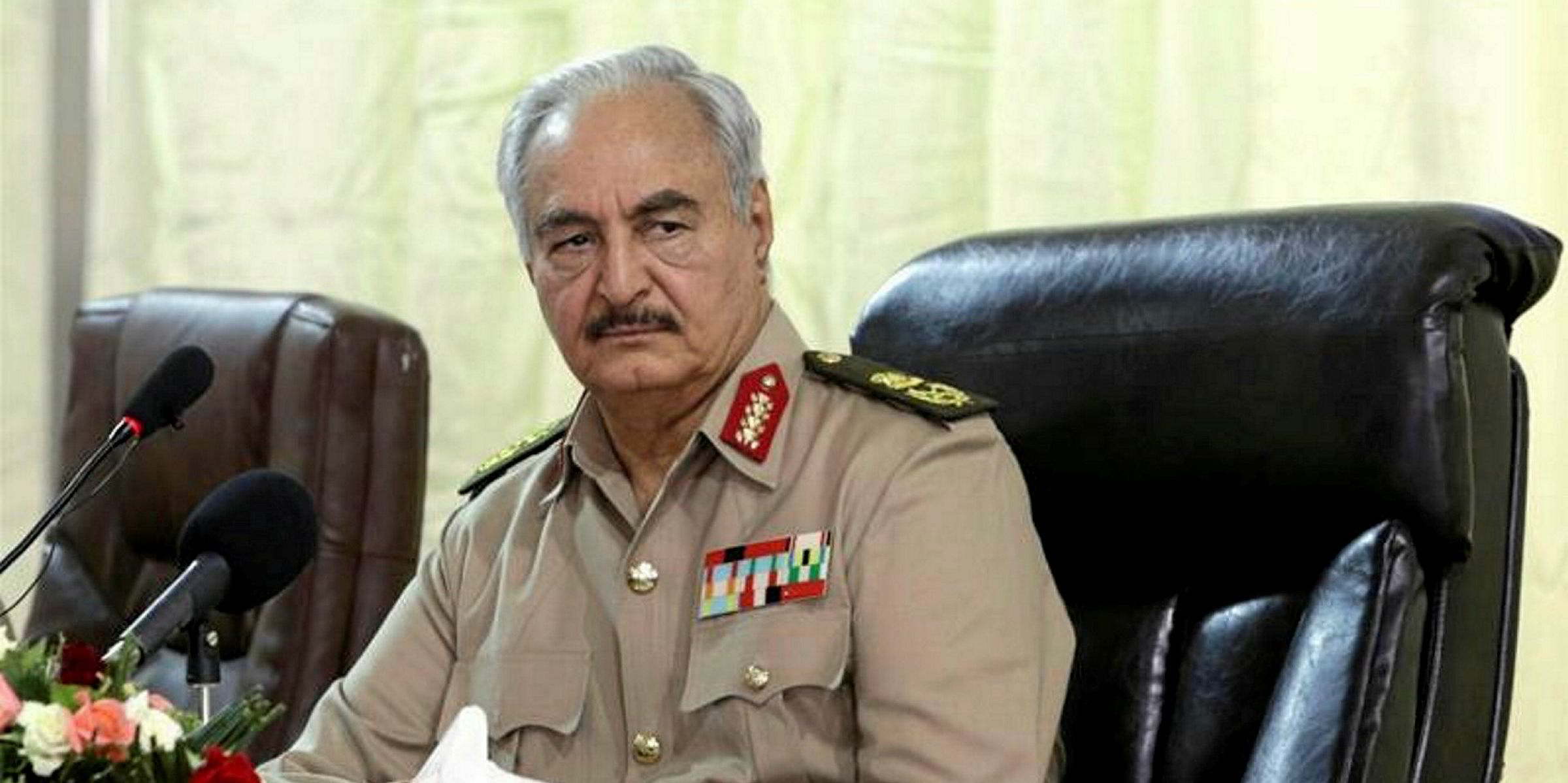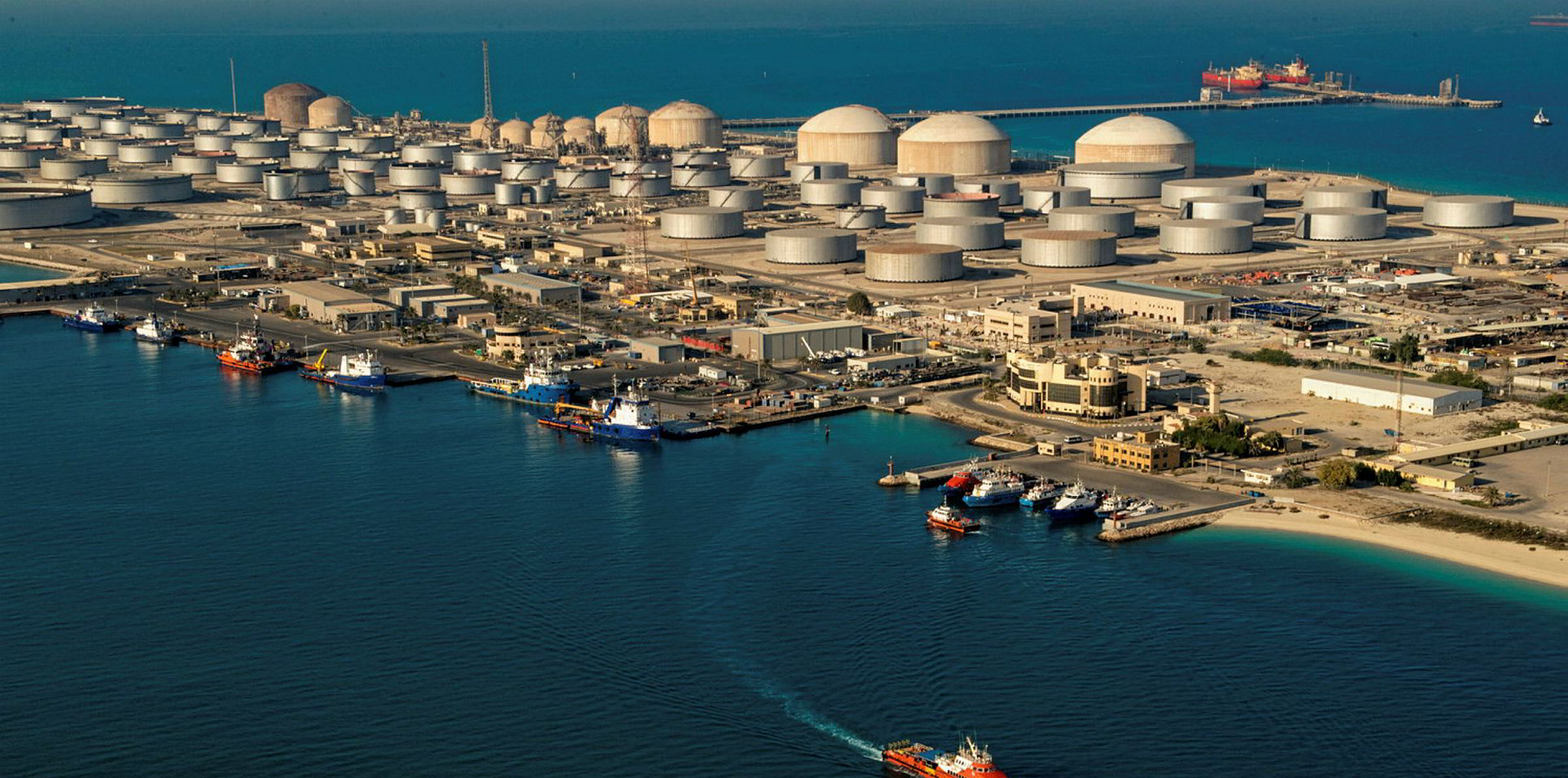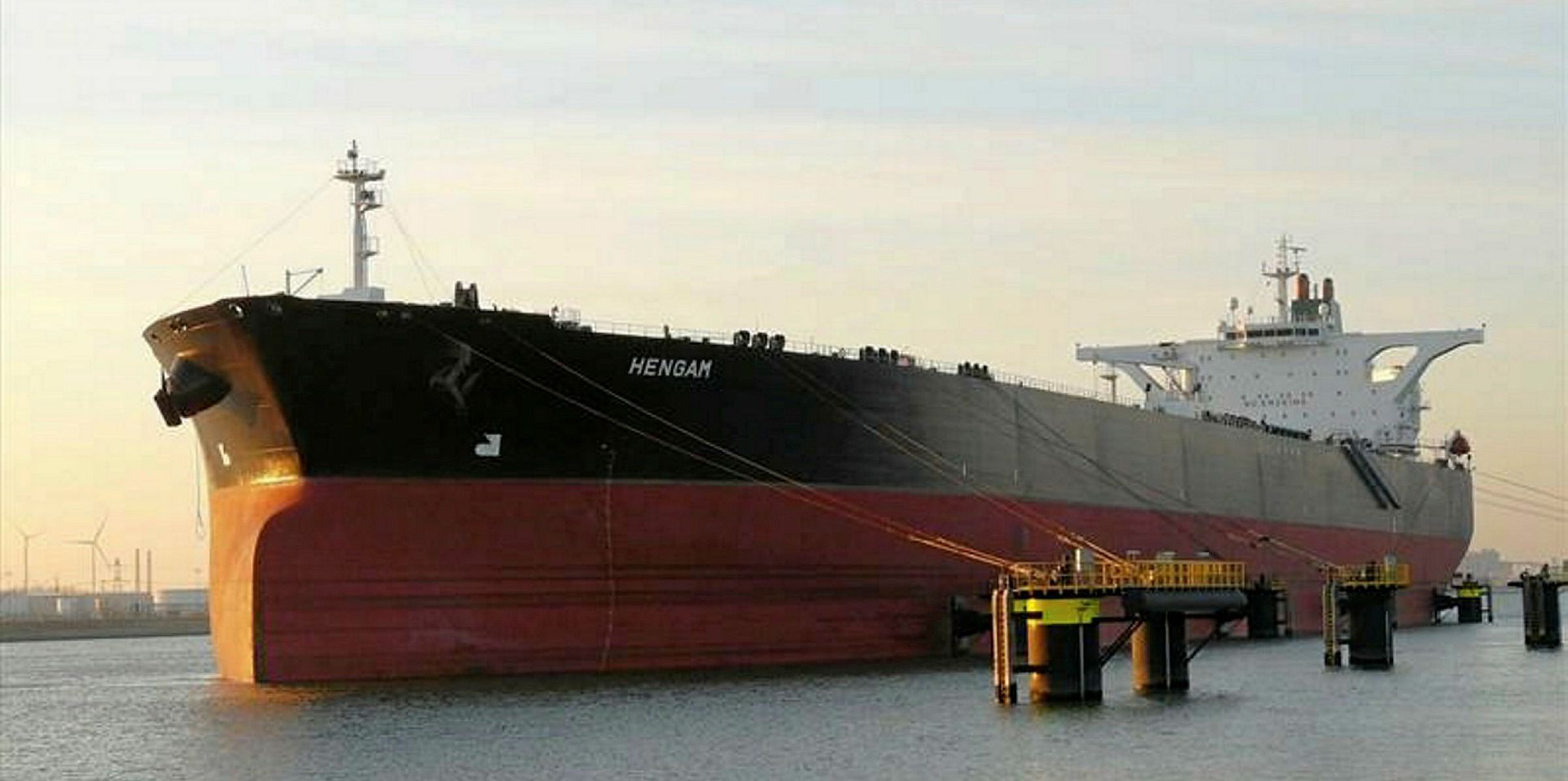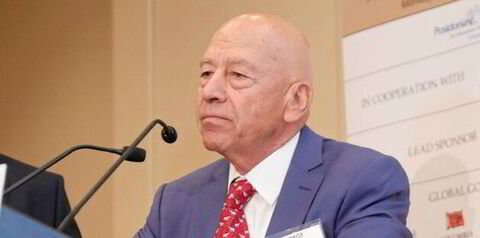The two sides in Libya's ongoing civil war have declared a cease fire.
The Government of National Accord (GNA) and the Libyan National Army (LNA) signed the agreement in Geneva on Friday after UN-brokered talks, according to various media reports.
The deal is expected to end the fighting, the US Associated Press reported. Concrete details were not immediately available.
The country, an Opec member, had recently begun producing oil again, with the expectation that crude exports could hit a nine month high.
"I am honoured to be among you today to witness a moment that will go down in history," sStephanie Turco Williams, the top UN envoy for Libya, said in an AP report
She expressed caution and that a "long and difficult" road remains.
Sine 2014, the north African country has been mired in a civil war between the UN-backed, Tripoli-based GNA and the LNA, backed by General Khalifa Haftar and headquartered in the east of the country.
Force majeures lifted
Libya's National Oil Corporation (NOC) said on Friday it was lifting force majeures at the port of Sidra and Ras Lanuf.
"Instructions have already been given to start production arrangements subject to the standards of general security and safety precautions and the safety of the operations," the company added.
NOC has received confirmation that "foreign forces" had left the ports, which will now be able to resume exports from Waha and Harouge fields.
The company believes production will reach 800,000 barrels per day during the next two weeks, and will exceed 1m barrels within a month.
But NOC said it has not been able to obtain "adequate financial allocations" to pay for the debt accrued over the period of port blockades, as well as much-needed maintenance and repairs.
This means it will be unable to keep production at those levels in the long term.
Little more than a week ago, NOC said the Al Sharara field – the country's biggest at a production capacity of 300,000 barrels per day (bpd) – was resuming production following an eight-month halt.
Four liftings
Last week, ClipperData showed four loadings from the country this month.
The data has fuelled hopes for more cargoes for crude oil tankers searching for work in a slow market.
The war has also landed shipowners and shipping companies in hot water, with some allegedly helping to fuel the conflict.
In late September, the EU sanctioned Med Wave Shipping and Turkey's Avrasya Shipping, following accusations the two had broken the arms embargo on the country.
In August, the US sanctioned three individuals, a ship and its registered owner for allegedly smuggling fuel and drugs out of Libya and using an anchorage in international waters to trade the illicit goods, further destabilising the country.





